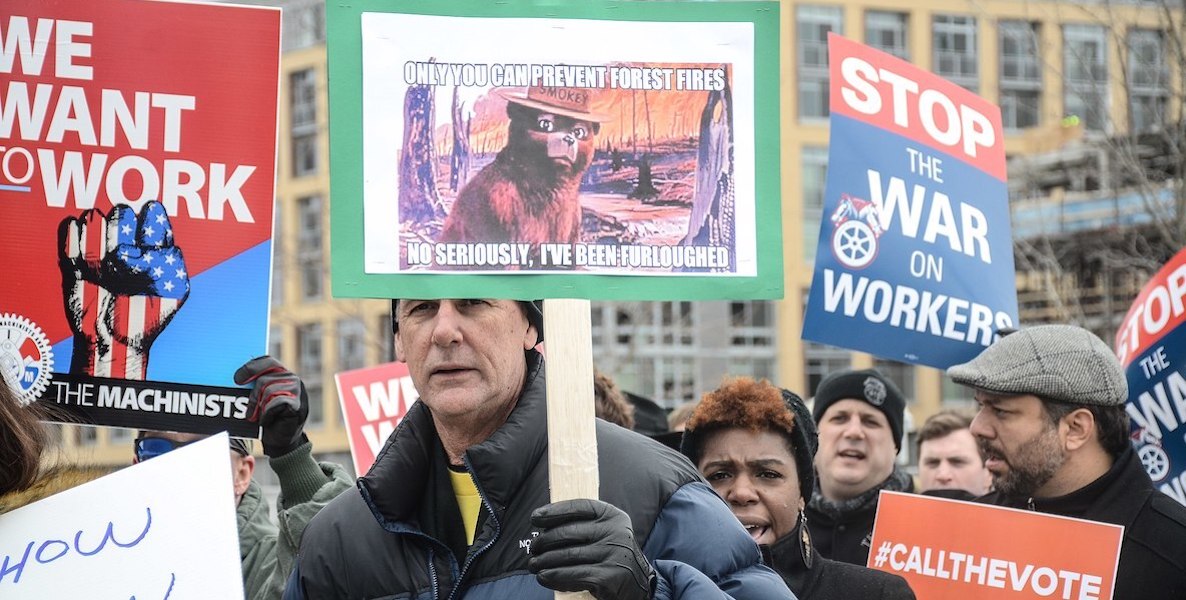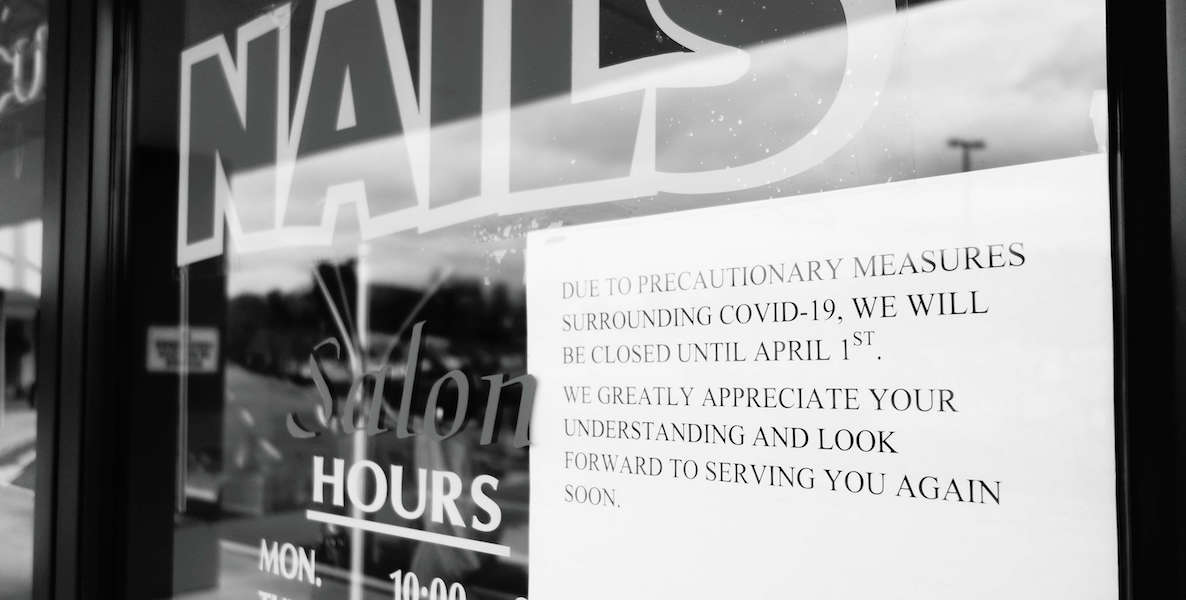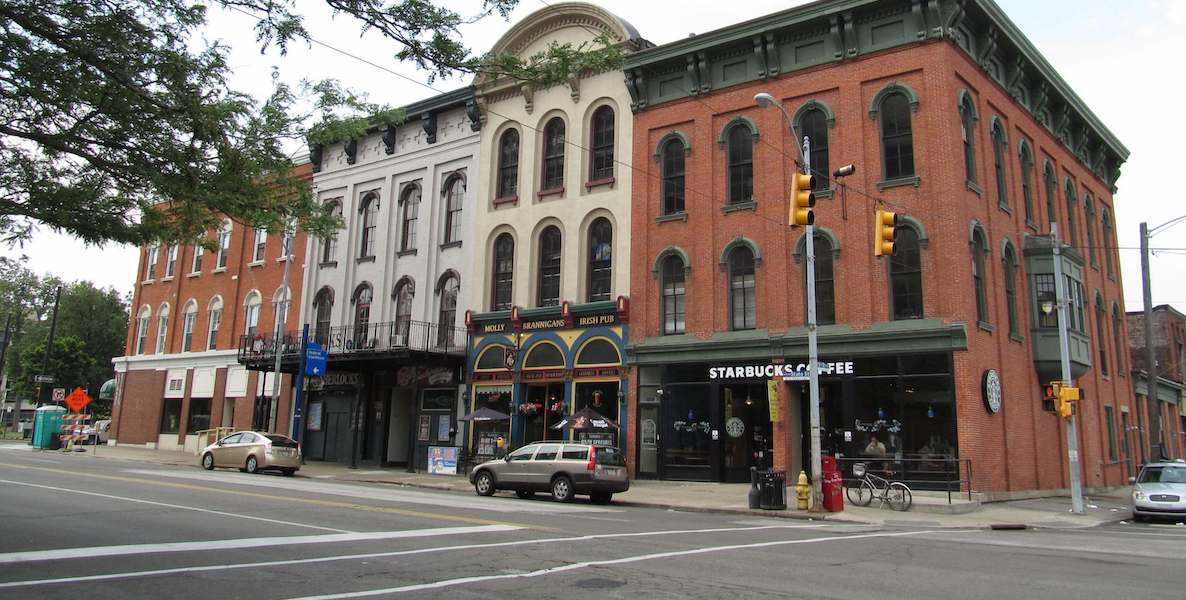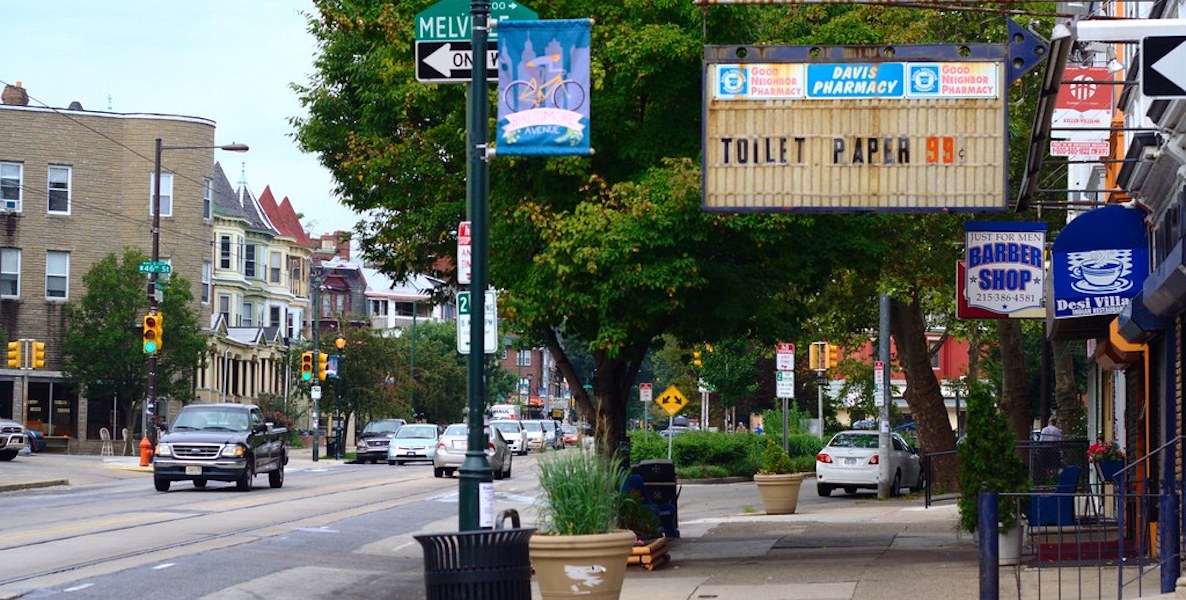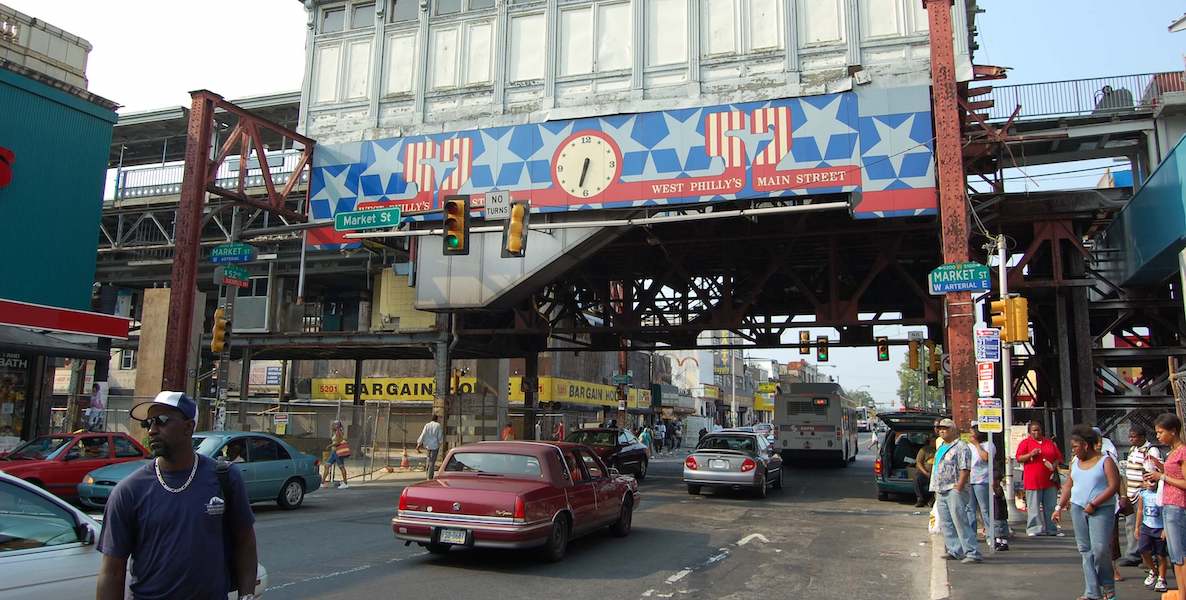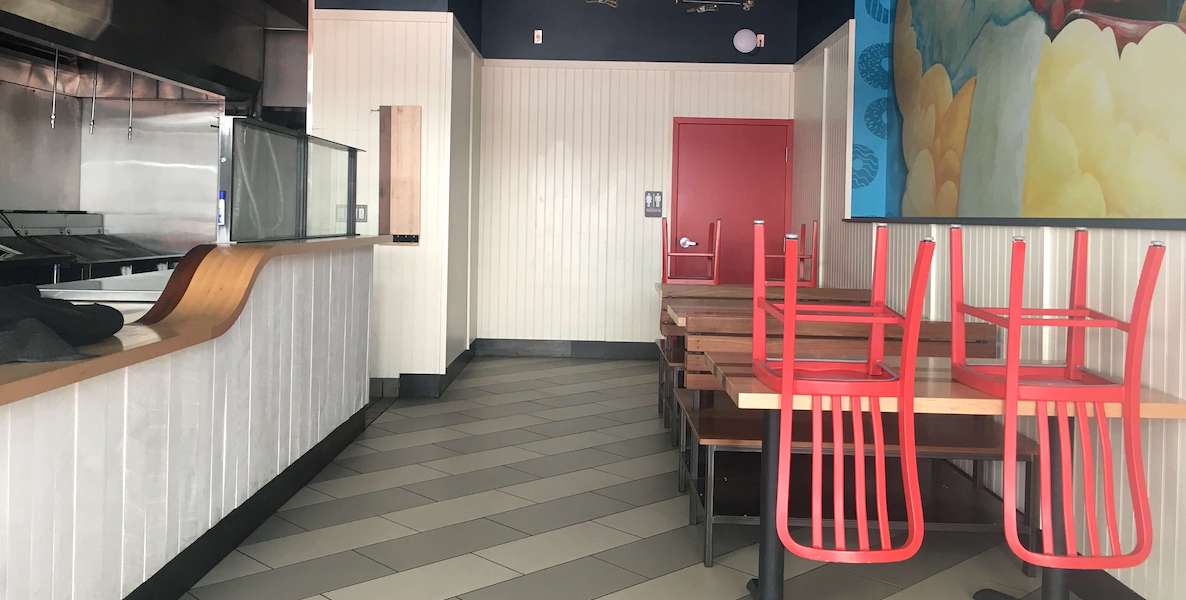The Covid-19 coronavirus was an unanticipated pandemic that has had a negative effect on the United States economy.
Since a pandemic of this magnitude has not been recorded in recent U.S. history, it remains to be seen what long-term and lasting effects the virus will have on the economy. It may even take several years for one of the country’s main economic drivers, small businesses, to fully recover.
![]() This is comparable to the American Recovery and Reinvestment Act of 2009, which was amended, with additional funding provided over the course of 10 years.
This is comparable to the American Recovery and Reinvestment Act of 2009, which was amended, with additional funding provided over the course of 10 years.
This period of recovery from Covid-19 may be even longer without Congress enacting a long-term recovery plan that responds to the needs of business and industry.
Recovery doesn’t need to take 10 years, and it won’t if we prioritize a long-term recovery strategy that is data-driven, informed by diverse companies that are suffering, and constantly monitored and revised based on effectiveness.
Recovery doesn’t need to take 10 years, and it won’t if we prioritize a long-term recovery strategy that is data-driven, informed by diverse companies that are suffering, and constantly monitored and revised based on effectiveness.
Such a recovery strategy as outlined is not possible unless the House Science, Space and Technology Committee can put together the right policy structures that can guarantee long-term recovery plans that are viable and data-driven.
Three steps this committee can take to ensure this:
1. The House SS&T Committee can prioritize and extend economic research grants to regional Federal Reserve Banks under the existing grant programs.
The terms of these grant agreements, however, need to be revised to ensure there is a diverse set of participants and recovery recommendations are inclusive.
Congress can require Federal Reserve Banks receiving this funding to partner with local and regional Chambers of Commerce, smaller hyperlocal business and merchant associations, economic development agencies and local governments while conducting this research. These should also be multi-year grants, allowing teams that have developed sound economic policy the resources to continue monitoring the solutions that have been recommended.
Having a diverse set of research investigators at the table is a primary way to ensure that recovery recommendations developed are inclusive and include the perspectives of a team of interest-diverse and racially diverse thought leaders. Not only will this action create inclusive recovery recommendations, but it also will provide direct revenue to Chambers of Commerce and Business Associations that are often-times representing small businesses, providing key updates and information from government to their membership, and providing services that support and sustain businesses.
2. The House SS&T Committee can extend funding to non-traditional researchers with thought-leader expertise but not necessarily heavy-research backgrounds and credentials.
Congress can update the antiquated policies of some of its research grants to major academic institutions and universities that require them to subcontract out local thought leaders to assist with research, especially research concerning industry.
These can include individual small business owners, government executives, representation from community development corporations, and other industry professionals. This policy ensures that the voices of industry are captured in research and policy recommendations, while at the same time creating income for industry professionals that have been negatively affected by the virus. This is an action that can keep them afloat in the wake of Covid-19.
3. The House SS&T Committee can support an increase in seed funding for research and development in medical fields, health technology and pharmaceutical industries.
These crucial investments within these industries can serve to help researchers struggling in the wake of Covid-19. At the same time, the government will be promoting specific investments in life-changing fields by directing funds to projects that may have not reached the scale for approval of larger government grants but show promise.
I urge the Committee to consider the proposals outlined above.
With these steps, we can make sure that we have data-driven policy, funding that is directed to diverse groups and an inclusive recovery plan.![]()
We can eliminate the need for 10 years of amendments and subsequent appropriations that we saw under the American Recovery and Reinvestment Act.
We can arm our elected representatives with diverse policy recommendations that strike at the core of an inclusive recovery that brings our country’s industry back stronger than ever.
Jabari K. Jones is president of the West Philadelphia Corridor Collaborative, the largest coalition of small business associations, with over 3,000 companies represented.
Check out our weekly The Virus In the City column for even more solutions for boosting the local economy and helping small businesses in the wake of Covid-19.
Header photo courtesy I, Mtruch / CC BY-SA


